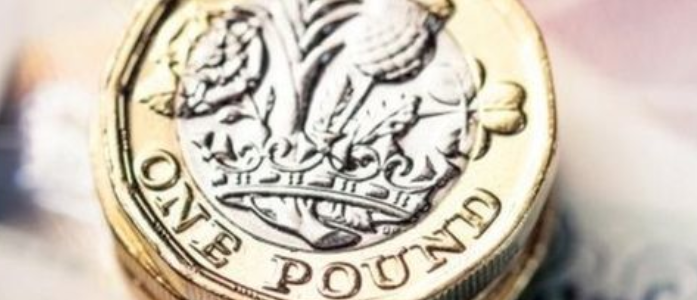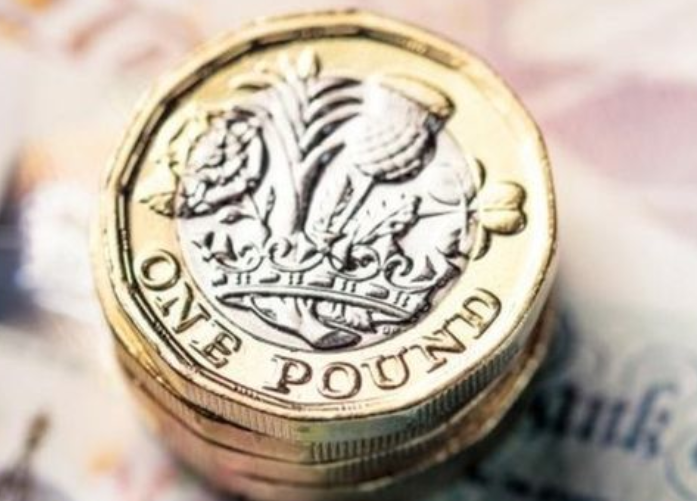
Government debt stands at £1.98 trillion

The UK government borrowed £127.9bn between April and June for tackling the coronavirus pandemic, taking the total government debt to £1.98 trillion. The difference between spending and tax income was more than double the £55.4bn borrowed in the whole of the previous year.
The borrowing in June was lower in May at £35.5bn, as the re-opening of more retailers and other firms saw a drop in furlough scheme spending and a rise in tax take.
Paul Johnson, director of the Institute of Fiscal Studies said the borrowing in the first three months of the financial year was “the most we would ever have borrowed over a quarter. It’s more than double over this first quarter than we were expecting to borrow over the entire year and we’ll be looking to borrow a lot more as a fraction of the size of the economy over this year than we did during the financial crisis, probably 15 per cent of national income, which is easily the most we’ve ever borrowed in a year outside of the first and second world wars”.
Chancellor Rishi Sunak said: “it’s clear that coronavirus has had a significant impact on our public finances, but we know without our response things would have been far worse. The best approach to ensure our public finances are sustainable in the medium-term is to minimise the economic scarring caused by the pandemic. I am also clear that over the medium-term, we must, and we will, put our public finances back on a sustainable footing.”
